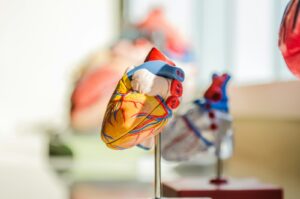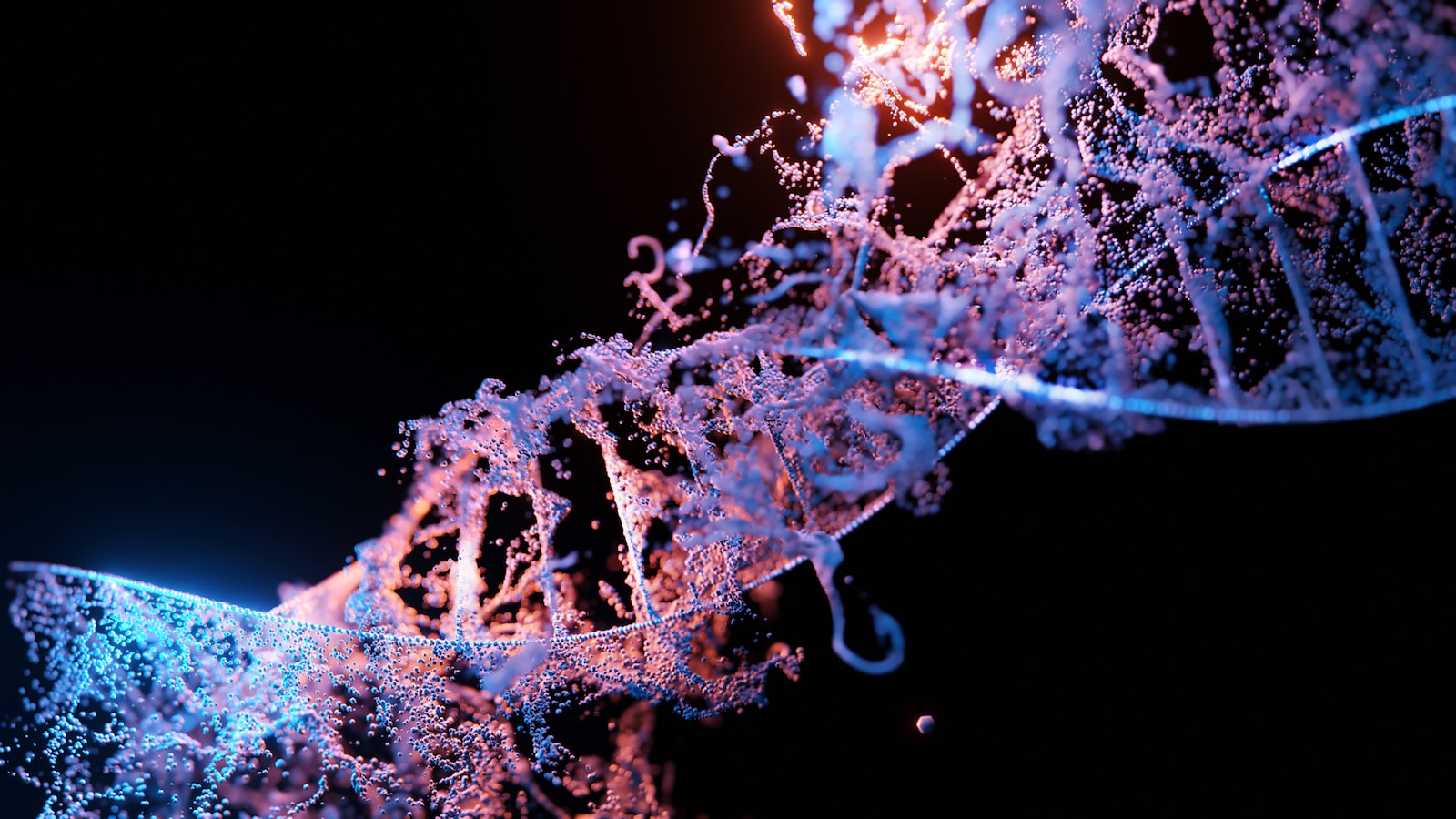Found in a small protein the mutation also offers a new direction for exploring potential treatments, according to a new study.
Yesterday, findings from a new USC Leonard Davis School of Gerontology study were published in the online journal Molecular Psychiatry, which, highlighted that a previously unidentified gene mutation can help protect people against Parkinson’s disease.
People with the mutation, which is located in a mitochondrial microprotein dubbed SHLP2, are half as likely to develop the disease as those who don’t have it. The gene was found primarily in people of European descent.
‘This study advances our understanding of why people might get Parkinson’s and how we might develop new therapies for this devasting disease,’ said Cohen, professor of gerontology, medicine and biological sciences and senior author of the study. ‘Also, because most research is done on well-established protein-coding genes in the nucleus, it underscores the relevance of exploring mitochondrial-derived microproteins as a new approach to the prevention and treatment of diseases of aging.’
To conduct the research, Su-Jeong Kim, an adjunct research assistant professor of gerontology at the USC Leonard Davis School, led a series of experiments that to identify variants involved in Parkinson’s disease.
By comparing genetic variants in DNA in patients with Parkinson’s disease, researchers found a variant in 1% of Europeans that reduced the risk of Parkinson’s disease by twofold, to 50% on average.
In addition to helping reduce the risk of Parkinson’s, the gene that was discovered – SHLP2 – also helps protect people against strokes and heart attacks.
Professor Kim said: ‘Our data highlights the biological effects of a particular gene variant and the potential molecular mechanisms by which this mutation may reduce the risk for Parkinson’s disease. These findings may guide the development of therapies and provide a roadmap for understanding other mutations found in mitochondrial microproteins.’
Image: Sangharsh Lohakare
Alzheimer’s breakthrough: scientists have discovered how brain cells die
First ever drug to help treat Alzheimer’s has been discovered

















